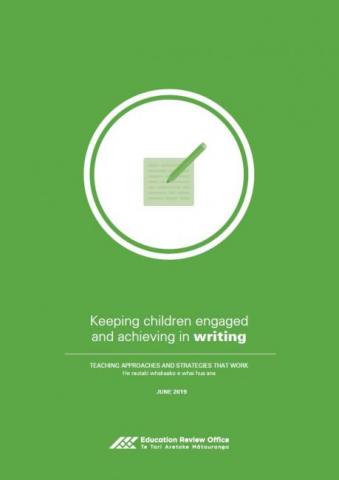Wellbeing for success: effective practice
Published: 21 Mar 2016
In 2014, the Education Review Office (ERO) undertook an evaluation of the extent to which schools were promoting and responding to student wellbeing in primary and secondary schools. This 2016 effective practice report provides further detail about practices in selected schools that promote wellbeing for all students, and describes how these schools respond when concerns, issues or events require more targeted support.
- Audience:
- Education
- Parents
- Schools
- Content type:
- Research
- Topics:
- Wellbeing
- Mental health
- Responding to issues
- Positive Behaviour for Learning (PB4L)
- Restorative practice
- Educultural Wheel
- Sexuality













